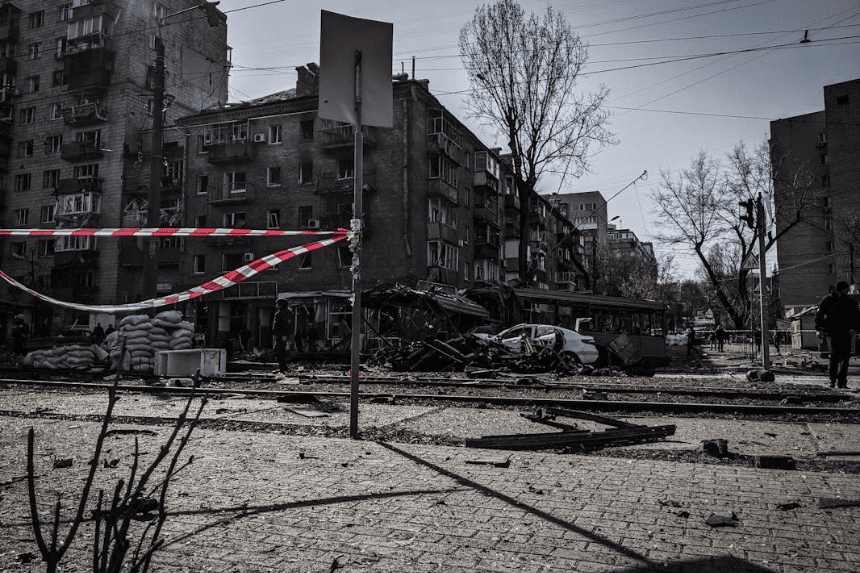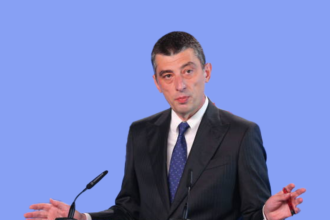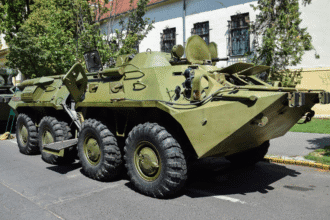Next week, leaders from Europe will fly to the United States to talk about urgent diplomatic plans to stop the bloodshed in Ukraine. The sessions are likely to be about tougher sanctions, energy policies, and ways to put pressure on Russia around the world to stop its actions.
Donald Trump, who used to be the president of the United States, said that several high-ranking European officials will be in Washington on Monday or Tuesday. The visit shows that countries are working together more as the crisis gets worse, even though the names of the people who went have not been made public. Trump also said he will talk personally with Russian President Vladimir Putin shortly, which shows how serious the current state of world politics is.
At the same time, Ukraine is being attacked from the air more than ever before in this war. Russian troops sent out more than 800 drones and more than a dozen missiles, hitting important buildings, like a big government building in Kyiv. The attack killed four people and caused a lot of damage.
Why are leaders from Europe coming to the US right now?
The visit comes at a time when violence in Ukraine is rising, and Western governments are under more and more pressure to do more. The US is getting ready to impose a new set of secondary penalties on countries that keep doing business with Russia. The goal of these steps is to make it harder for Moscow to pay for the war.
Ukrainian President Volodymyr Zelensky has strongly backed these moves. He told European countries to stop buying Russian oil and gas right away, stating, “We can’t make any deals with Russia if we want to stop them.” Here is the link to our article on Ukraine Peace Talks.
What do energy purchases do?
Energy is still a big part of Russia’s war economy. Since it invaded fully in 2022, Moscow has made around $1 trillion from oil and gas exports. China and India are its biggest customers. The European Union has cut back on its reliance, but it won’t be fully independent until 2027.
The U.S. has recently put sanctions on countries like India, putting a 50% tariff on commodities coming from there, because they keep buying oil from Russia. Even if many have said bad things about it, the Indian government says that its top objective is to make sure its people have access to cheap electricity.
What do secondary sanctions do?
Secondary sanctions are meant to punish countries that help or keep commerce going with Russia. The US is asking the EU to do the same things. U.S. Treasury officials say that concerted global penalties may bring down the Russian economy, which could force President Putin to talk.
These sanctions would not only hurt Russia, but they would also change the way the world trades, the energy markets, and political ties. Will the decisions of OPEC+ have an effect on the outcome?
The OPEC+ coalition, which includes Russia, has agreed to boost oil production. This is a separate but linked event. This choice might lower oil prices around the world, which would make sanctions less effective.
Russia is also boosting its energy connections with China, unveiling new gas supply arrangements during high-level talks in Beijing. These actions show that Moscow is getting ready to be cut off from Western markets for a long time. Here is the link to our article on Ukraine Global Support.
In conclusion: What’s going to happen next in the war in Ukraine?
As world leaders convene to talk about the growing war in Ukraine, the decisions they make could affect the next stage of the conflict. As diplomatic strategies change and economic pressures grow, the next few weeks may be very important.
Sanctions, energy choices, and military strength are now the most important factors in deciding whether the war goes on forever or ultimately comes to an end. If the world wants to end the bloodshed in Ukraine, it needs to act quickly and together.








